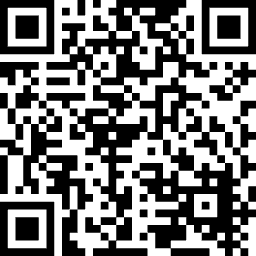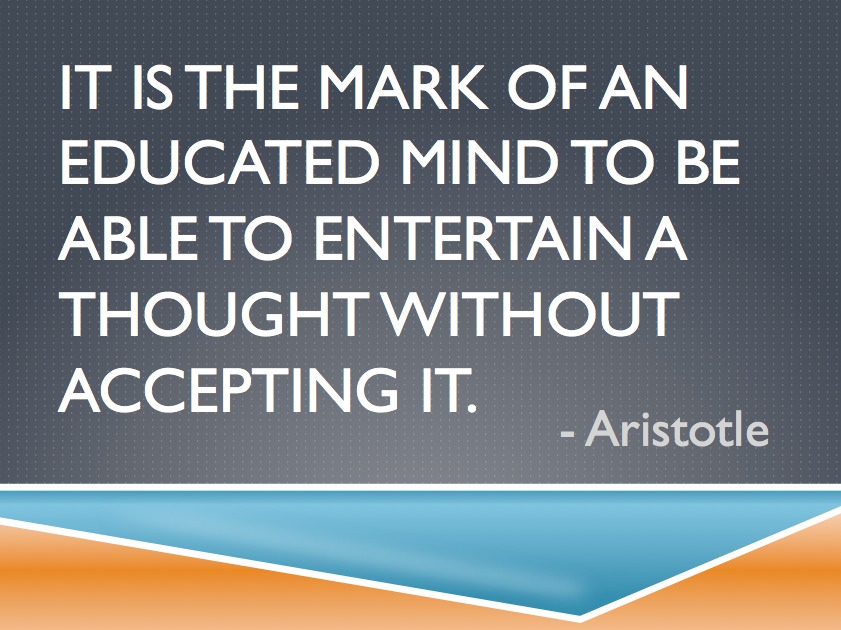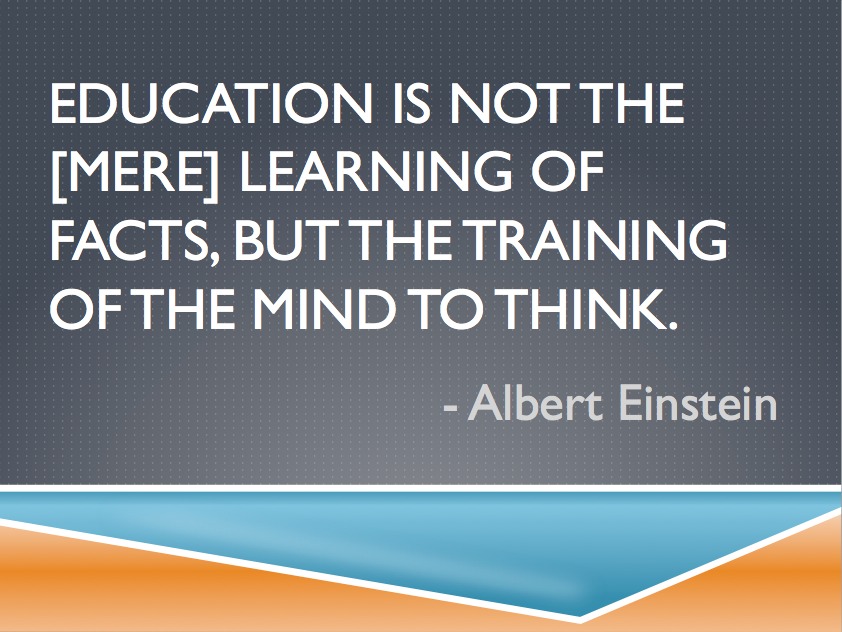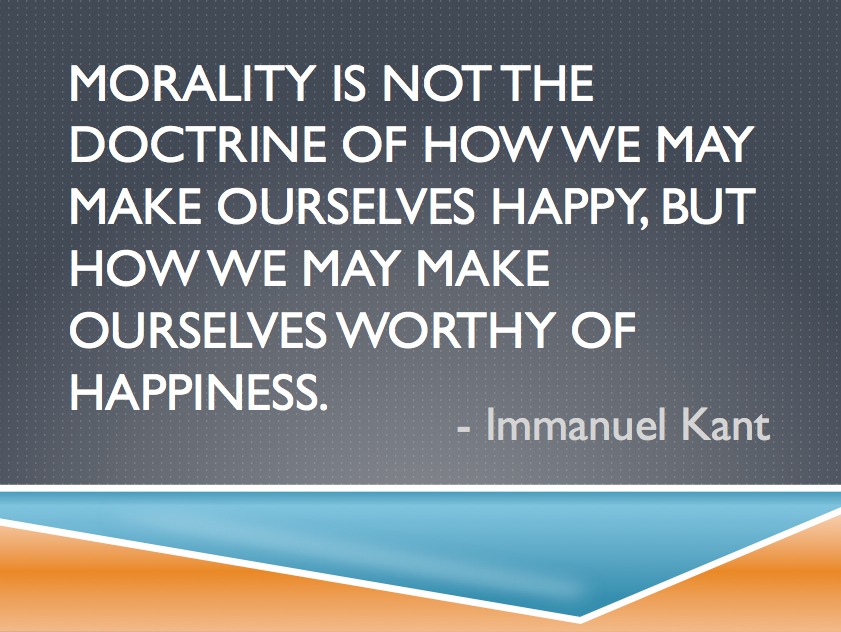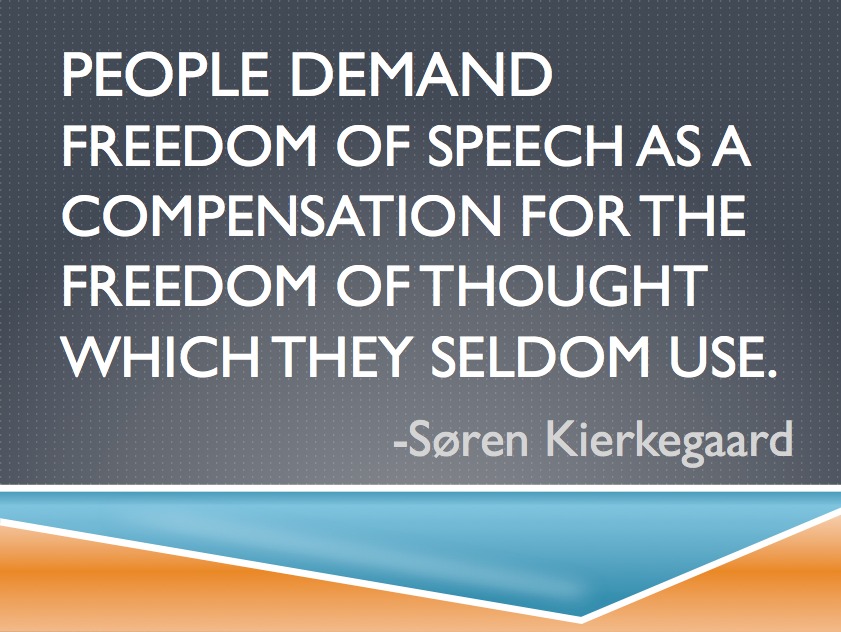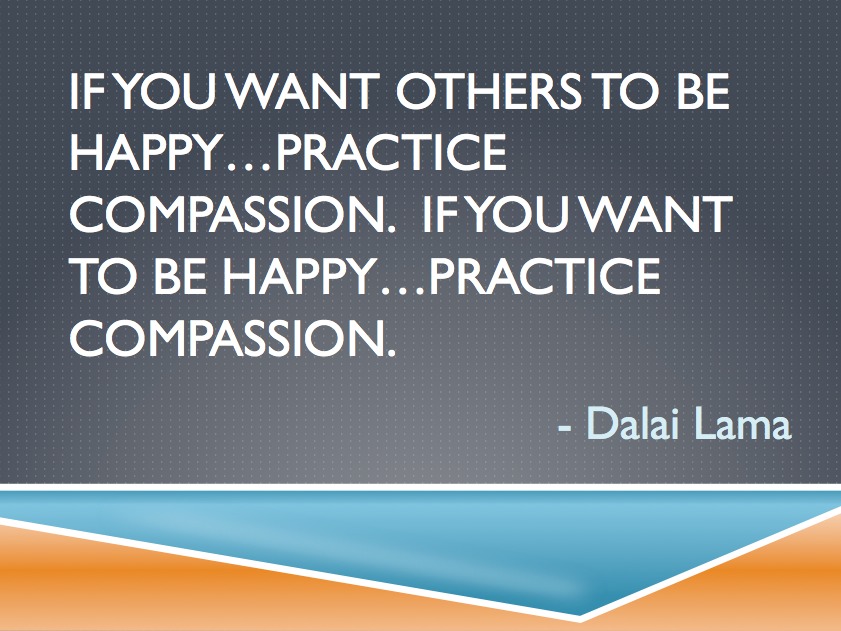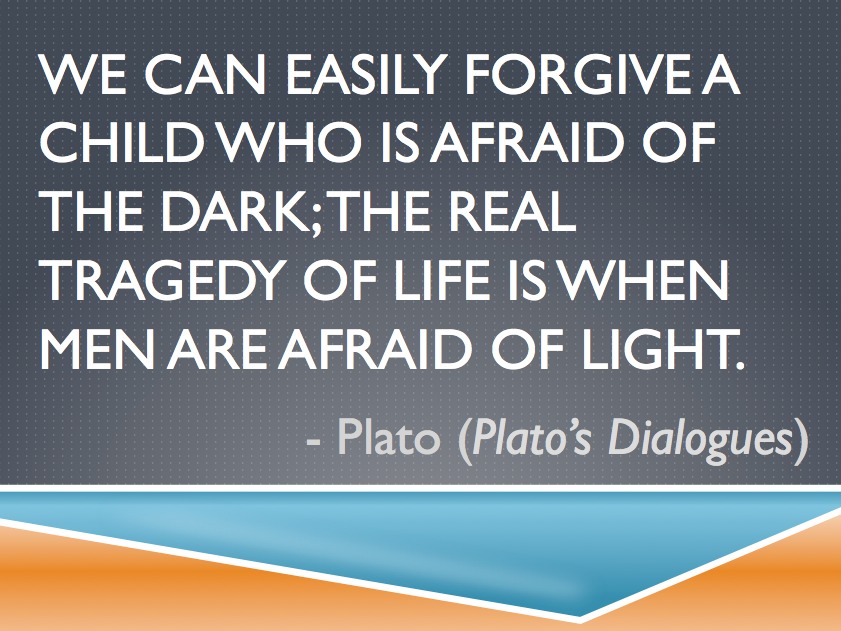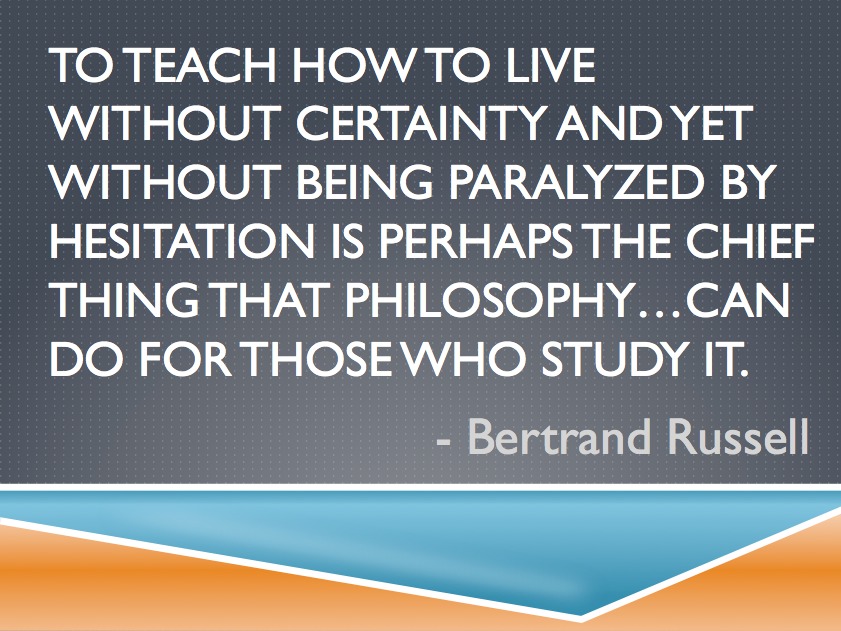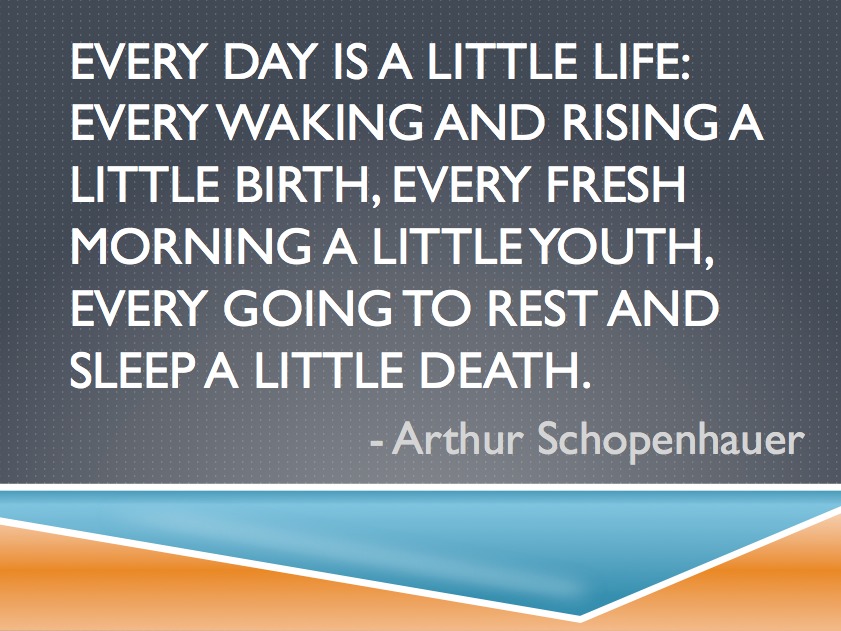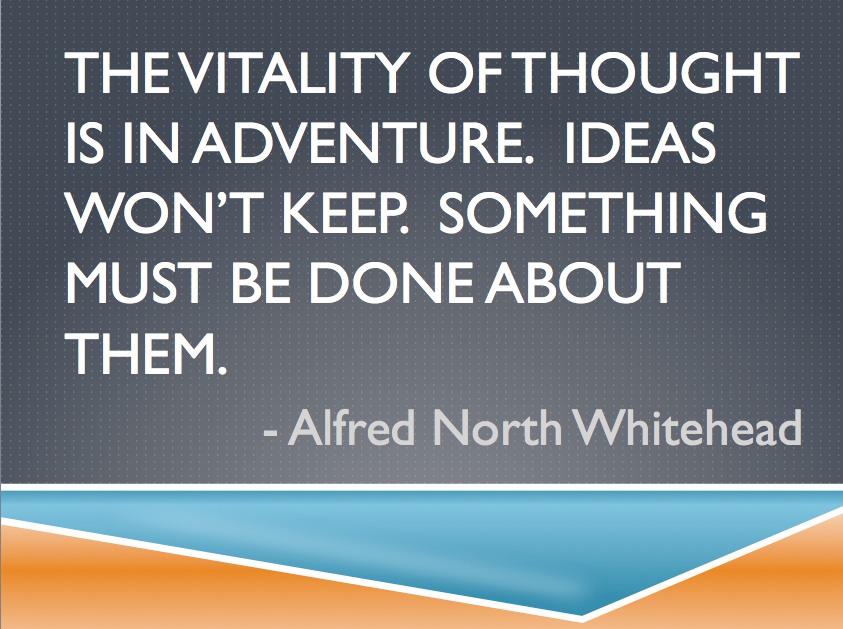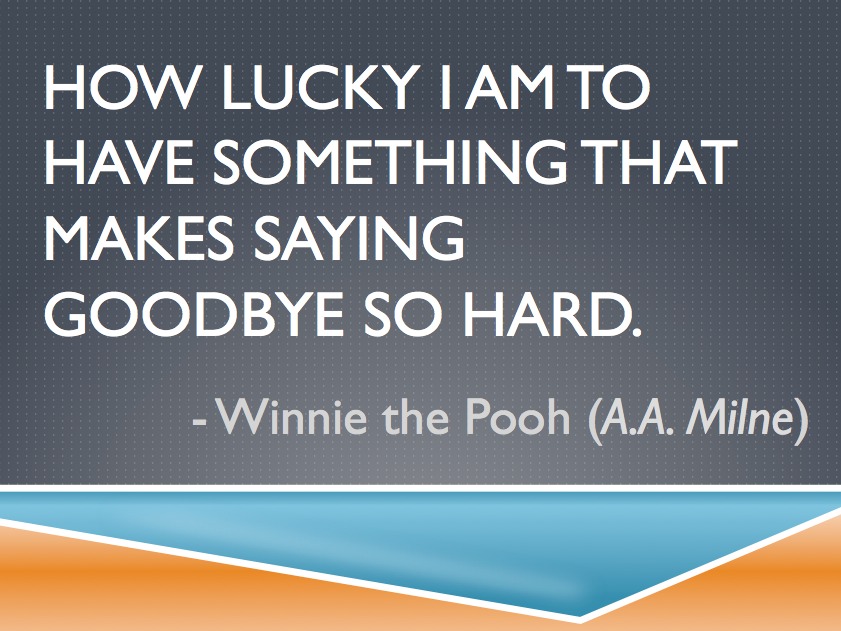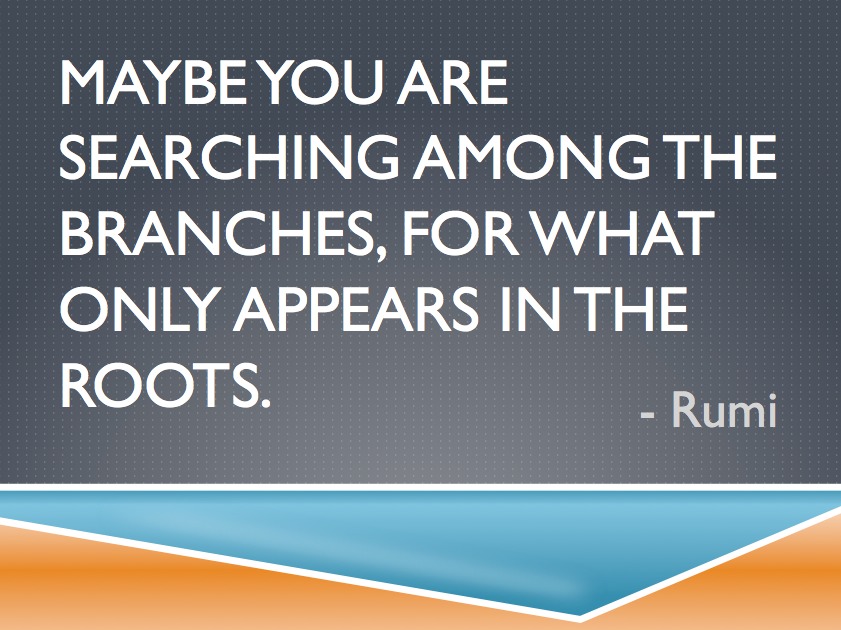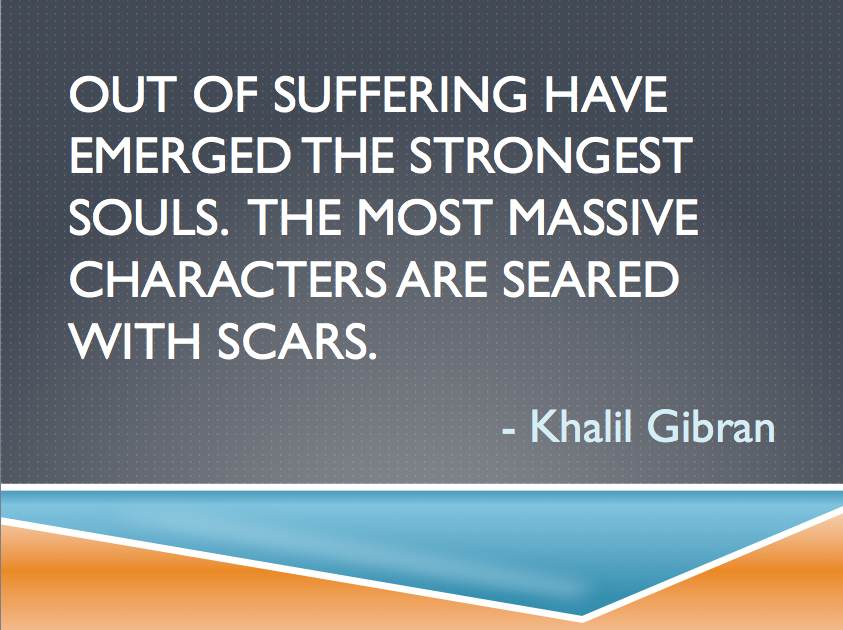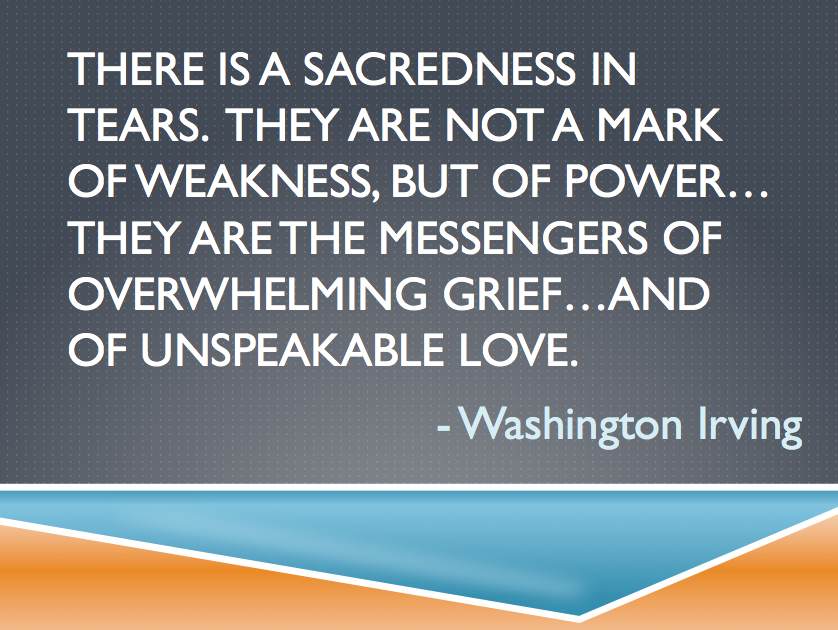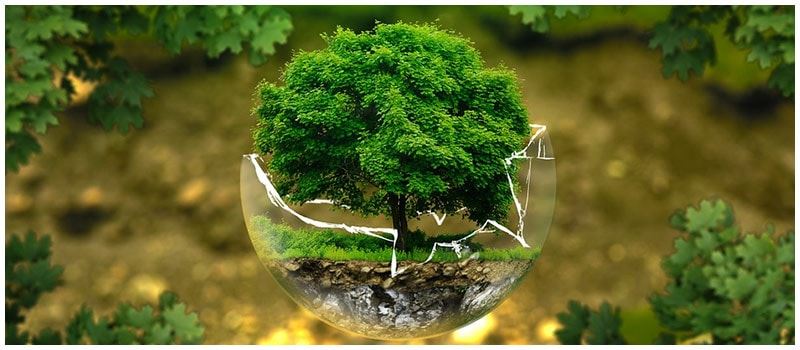
For many philosophers, scientists, and ordinary people, “species” are not only descriptive categories of how things are, but ideal models for how things should be. When we really stop to think about it, that’s a very loaded suggestion! Our workshop began with a whirlwind tour of “species” from antiquity to the present, in order to better understand the hidden assumptions behind our own thinking today, asking:
- How did we get here? Where did our idea of “species” come from?
- What other options/possibilities have we missed, or left behind on the way?
- How do different ways of thinking about species give us different guidance for what is valuable, excellent, praiseworthy, or virtuous?
Stops on our tour included Plato, Aristotle, the Medieval “Ladder of Nature,” Charles Darwin, and John Dewey, as well as 20th-century environmental philosopher Aldo Leopold and 21st-century philosopher David Abram.
We then stepped back and applied our newfound historical perspective to questions in our own lives:
- Who/what has moral value and worth?
- In what ways do we humans fit into, or stand apart from, the rest of nature?
- How does this impact our ideas about the best possible human life?
- What hidden assumptions are at the roots of the ways we think and talk about nature, health, excellence, beauty, and purpose?
Answering these questions began in history and ecology, and took us well beyond!
Photos














Resources
(Recommended Texts & Translations)
Two short writings each cover some (though not all) of the historical narrative around “species” and “ideas” that we explored in the workshop:
- John Dewey, “The Influence of Darwinism on Philosophy,” focuses on the search for firm foundations in the Aristotelian tradition, and the sharp break inaugurated by Darwin and the modern paradigm. (Dewey refers to the “schoolmen,” that is, the scholastic philosophers of the Middle Ages who adopted a version of Aristotle’s philosophy.) Since this was first published in 1909, it is now in the public domain, and available for free here (among other places): http://www.iupui.edu/~arisbe/menu/library/aboutcsp/dewey/Darwin.htm
- David Abram, “Mind,” pages 103–129 of Becoming Animal (Pantheon Books, 2010), focuses on the implications of the notion of “idea” or “species” for how we encounter, perceive, and relate to the world around us. Abram covers only a portion of the history that we discussed, but also slips in a few historical figures who did not make the cut for the workshop. The entire book is worth reading, but this chapter is by far the most relevant to our discussion. The book is still in print, and is available from Lewis & Clark Library.
A few other miscellaneous things which came up in our discussion:
- The Platonic philosopher Porphyry’s essay, arguing against killing animals (whether for food or as religious sacrifices) is available in two different translations:
-
- It was first translated into English by Thomas Taylor in 1823. Since this version is now nearly 200 years old, some of the language is a bit archaic and challenging for the modern reader, but it is available for free in the public domain. One online version is here: https://www.platonic-philosophy.org/files/Porphyry%20-%20On%20the%20Abstinence%20of%20Eating%20Animals.pdf
-
- A more modern translation by Gillian Clark is also available, under the title Porphyry: On Abstinence from Killing Animals (Cornell University Press, 2000; paperback reprint by Bloomsbury, 2014).
- Abundant online resources are available for Karl Jaspers’ theory of an “Axial Age” of religious transformation across the Eurasian world.
About the Workshop Leader...
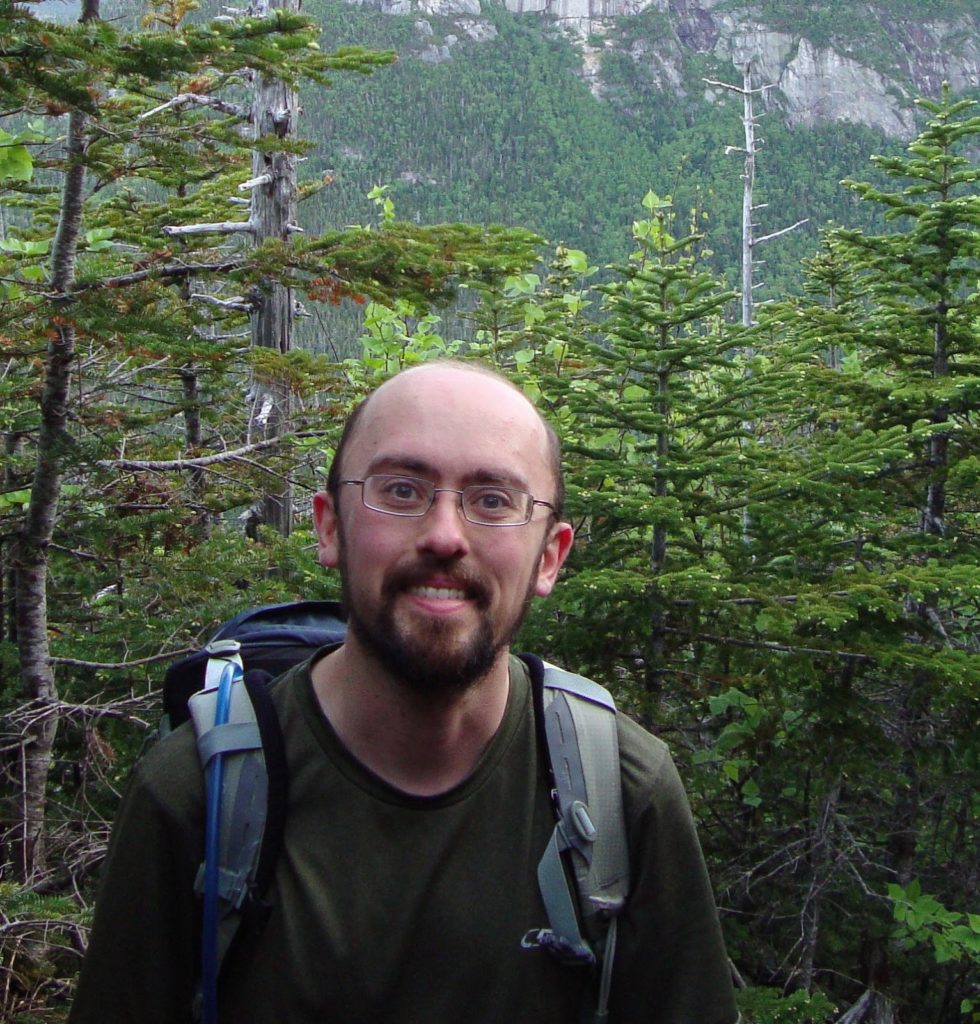
David Nowakowski serves as a Philosophical Advisor & Senior Fellow Mentor and Advisor for Merlin CCC. A lover of philosophy and the great outdoors, David began studying ancient philosophies and classical languages in 2001, and has continued ever since. A scholar of the philosophical traditions of the ancient Mediterranean (Greece, Rome, and North Africa) and of the Indian subcontinent, reading Sanskrit, Latin, and classical Greek, he earned his Ph.D. in philosophy from Princeton University in 2014. His work has appeared in a variety of scholarly journals, including Philosophy East & West, Asian Philosophy, and the Journal of Indian Philosophy; as well as in presentations to academic audiences at Harvard, Columbia University, the University of Toronto, Yale-NUS College in Singapore, and elsewhere.
After half a decade teaching at liberal arts colleges in the northeast, David chose to leave the academy in order to focus his energies on the transformative value of these ancient philosophical and spiritual traditions in his own life and practice, and on building new systems of education and community learning that will make this rich heritage alive and available to people of all ages and backgrounds. A hermit by nature and by committed choice, he balances contemplative solitude with his active work in teaching, counseling, and the healing arts. We are elated to be collaborating with David on our philosophy in the community activities, fellowships, and other Merlin projects.
Thank You’s



Thank you to P.L.A.T.O. (Philosophy Learning and Teaching Organization), Montana Internet, and BWP Helena Great Northern Hotel for helping support our philosophy in the community programs and making events like this possible! Thank you to our Guest Speaker David Nowakowski.





